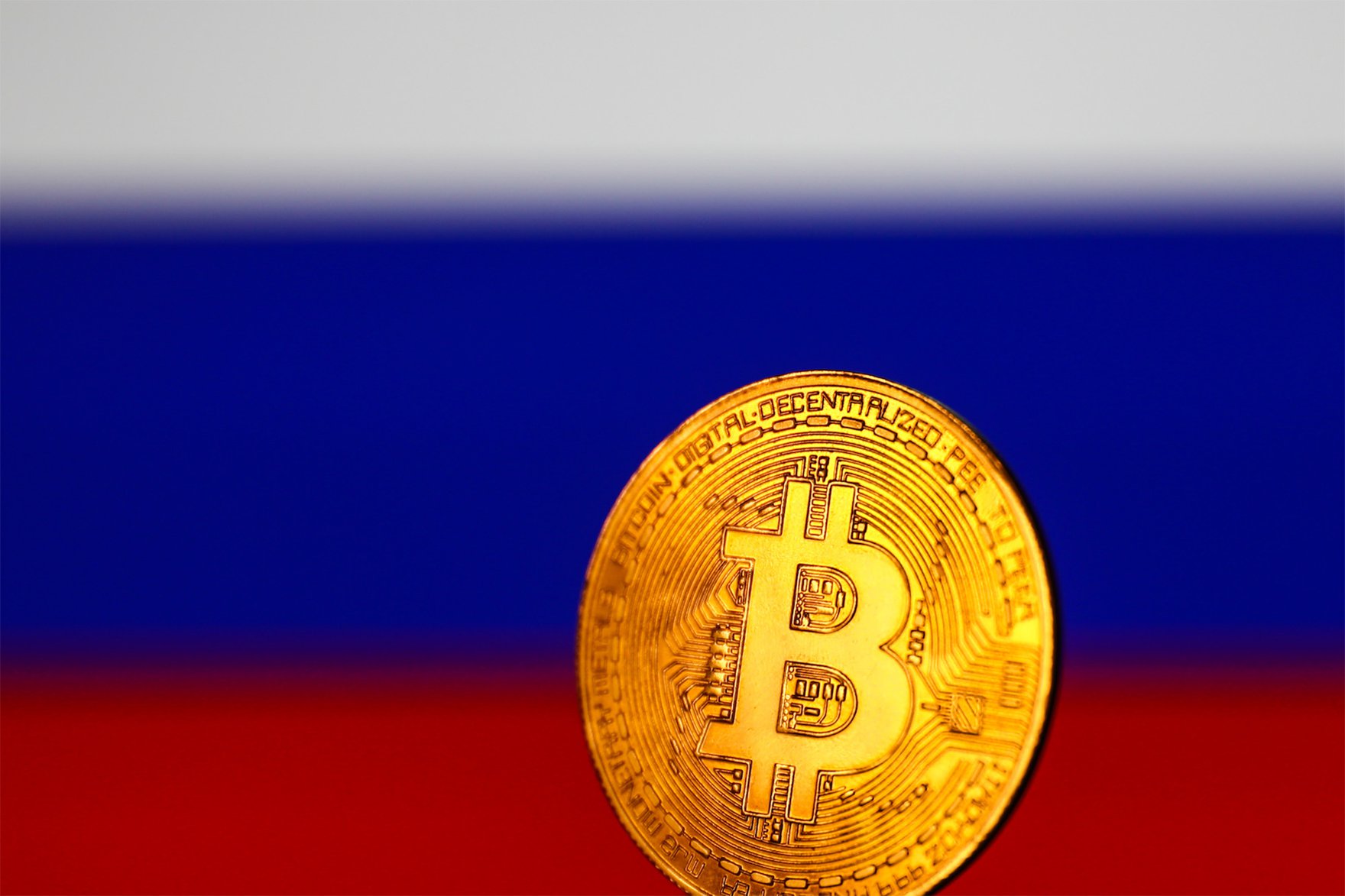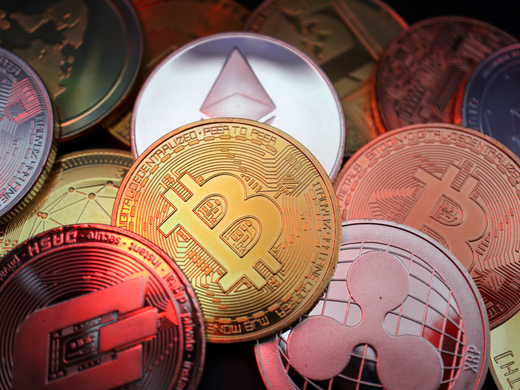As Russia’s war on Ukraine continues, questions have been raised about whether the former will use cryptocurrencies to evade punitive economic sanctions. But whether cryptocurrencies could be used in this way is not in doubt, given the technology’s unique ecosystem and Russia’s particular interest in it.
The extent of the circumvention would, of course, depend on the type of cryptocurrency and the breadth of regional and international players involved. The space is remarkably diverse, extending from unregulated to centrally controlled systems, with a range of players. There are diverse types of cryptocurrencies and diverse ways in which a crypto-friendly government could navigate around economic barriers, especially if that government has tacit allies.
Cryptocurrencies are products of the blockchain — that is to say, a decentralized digital ledger, the architecture of which can be used to record, store, perform and verify transactions online. This decentralized structure is appealing for a number of reasons. It’s relatively easy for independent users to create new digital currencies within a blockchain’s ecosystem. The versatility and decentralized nature of blockchain and distributed ledger platforms encourage downstream improvements on existing innovations. And they allow entrepreneurs to create new digital products using the base technology.
But the degree to which such systems are decentralized also affects decision making and control. In the case of “permissionless” public blockchains, anyone can make decisions about the cryptocurrency’s operation and use, and no single person or entity controls the blockchain. In a sense, this is a community driven by consensus — without a central regulator or driver. Examples of permissionless public blockchains in the cryptocurrency space include bitcoin, Ethereum and Dalecoin, with bitcoin being the most traded and highly valued.
Decentralized, global decision making means third parties cannot control cryptocurrency flows without community participation. Despite the technology’s use to fund illicit transactions amounting to billions of dollars a year, this continues regulation-free.
The recent call by the United States for cryptocurrency platforms to sanction Russian transactions would have received no positive response at all had stakeholders not had some interest in holding Russia accountable.
Even so, there are limits to how far cryptocurrency enterprises will go in addressing government concerns about sanctions. Most crypto enterprises have yet to ban Russians from blockchain transactions, for example; this would run counter to crypto’s freewheeling, borderless ethos. Unless there is widescale public outcry from within cryptocurrency communities, barring the average person from crypto transactions (whether as investments or in mining) flies in the face of blockchain’s disintermediated model. At the same time, because of this very inclusivity, many Russian individuals — not just government, institutions and oligarchs — own crypto assets.
Russians have not been sitting back in this area; they are developing their own digital ruble and stablecoin to reduce reliance on the US dollar and other major global currencies. Central banks’ digital currencies are not permissionless or public but are central, permissioned and private. The major difference being that a central bank will maintain substantial control over how the system is developed and operated; regulation matters to this ecosystem. Stablecoins are backed by an external stable (or nearly stable) asset, such as gold or a government-issued currency (in the case of Russia, the state-owned Sber bank).
As a consequence, market volatility in stablecoins is less severe than in bitcoins. Russia’s interest in crypto sits uneasily with some of its regional counterparts. The Eurasian Economic Union, of which Russia is a member, has not reached a consensus on the exact space for digital currencies (including cryptocurrencies) within and between its member countries. Of the members of this free trade pact, Russia and Kazakhstan (political upheavals and power shortages have affected Kazakhstan’s ability to mine cryptocurrencies in recent years) have made the most progress in developing digital currencies.
Decentralized finance (DeFi) adds an interesting twist to this dynamic. The most robust of these protocols allow lenders, investors and borrowers to transact globally directly with each other — with no need for intermediaries such as investment or financial houses. Some DeFi platforms allow global transactions without creating an account, thereby appealing to anonymous users. The real issue, then, concerns the extent of decision-making rights and accountability systems within the blockchain community itself.
When a person stands alone, it is almost impossible for them to shift the pendulum. Sanctions will need to both isolate the target from the crypto space and, at the same time, appeal to blockchain’s core community (such as developers, investors, miners and crypto-friendly nations, including Brazil, Russia, India, China and South Africa) to have real weight. This will determine how effective any circumvention measures can be.



